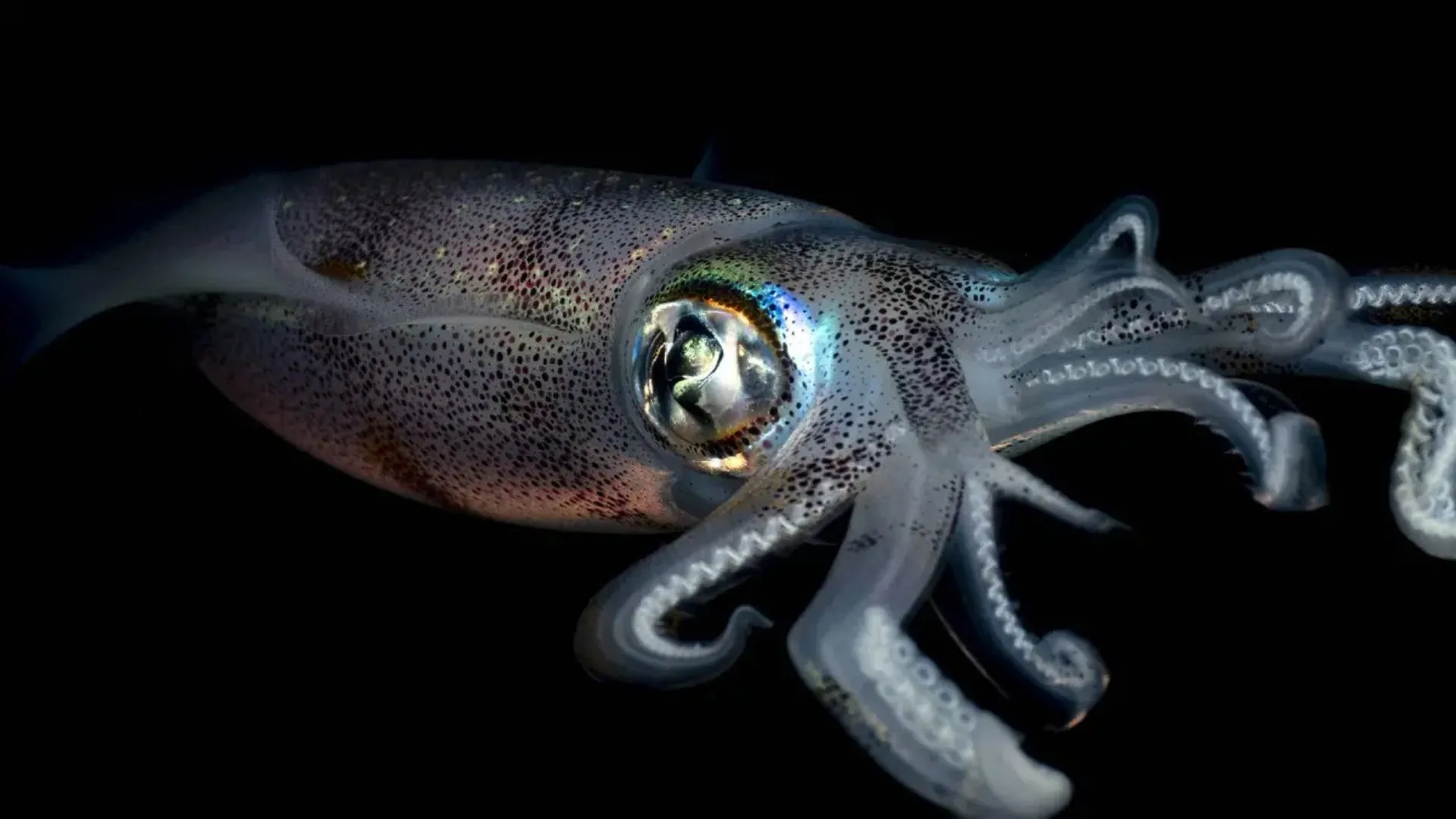
100 million years ago squids ruled oceans while dinosaurs ruled land
How did your country report this? Share your view in the comments.
Diverging Reports Breakdown
100 million years ago squids ruled oceans while dinosaurs ruled land
The researchers developed an advanced fossil discovery technique that completely digitizes rocks with all embedded fossils in complete 3D form. They identified one thousand fossilized cephalopod beaks hidden inside Late Cretaceous rocks from Japan.
Squids dominated ancient oceans
According to the research team, they identified one thousand fossilized cephalopod beaks hidden inside Late Cretaceous rocks from Japan.
Among these fossilized beaks there were 263 squid specimens including about 40 different species that had never been seen before.
It is very rare to find fossils of squids as they don’t have hard shells on the outside. Therefore, it has always been questions about the 500 million year history of cephalopod evolution.
Squid beaks, as they are hard have a higher chance of getting discovered in fossils, and offer clues to how these animals evolved.
As per the researchers, squid fossils far outnumbered those of ammonites and bony fishes.
“In both number and size, these ancient squids clearly prevailed (in) the seas,” said Dr. Shin Ikegami of the Department of Earth and Planetary Sciences at Hokkaido University, the study’s first author.
100 million years ago squids ruled oceans while dinosaurs ruled land
The researchers developed an advanced fossil discovery technique that completely digitizes rocks with all embedded fossils in complete 3D form. They identified one thousand fossilized cephalopod beaks hidden inside Late Cretaceous rocks from Japan.
Squids dominated ancient oceans
According to the research team, they identified one thousand fossilized cephalopod beaks hidden inside Late Cretaceous rocks from Japan.
Among these fossilized beaks there were 263 squid specimens including about 40 different species that had never been seen before.
It is very rare to find fossils of squids as they don’t have hard shells on the outside. Therefore, it has always been questions about the 500 million year history of cephalopod evolution.
Squid beaks, as they are hard have a higher chance of getting discovered in fossils, and offer clues to how these animals evolved.
As per the researchers, squid fossils far outnumbered those of ammonites and bony fishes.
“In both number and size, these ancient squids clearly prevailed (in) the seas,” said Dr. Shin Ikegami of the Department of Earth and Planetary Sciences at Hokkaido University, the study’s first author.
Source: https://interestingengineering.com/science/squid-ruled-ancient-ocean
